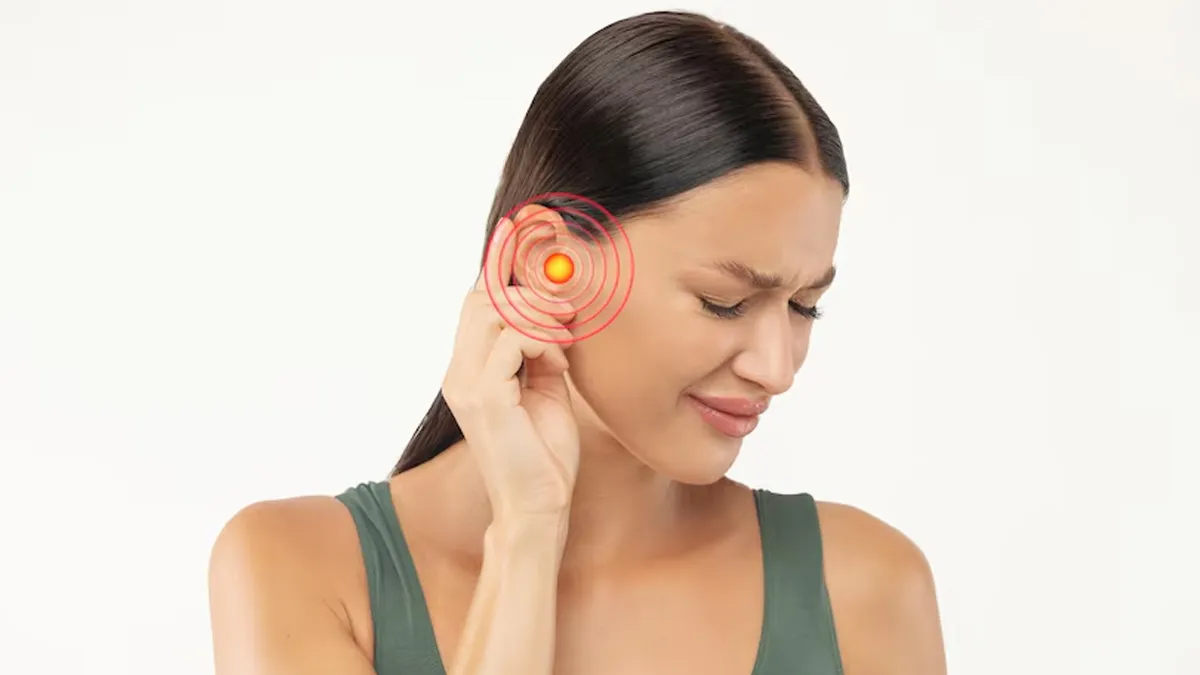
Tinnitus, commonly described as ringing, buzzing, or hissing in the ears, affects millions of people worldwide. While there is currently no cure for tinnitus, there are various treatment options available to help manage the condition. With the right approaches, individuals can reduce the impact of tinnitus on their daily lives.
Table of Content:-
To understand how tinnitus can be managed, OnlyMyHealth team spoke to Dr Roohi Pirzada, MBBS, Consultant Physician, Mumbai.
According to Dr Pirzada, tinnitus treatments are personalised, depending on factors such as age and overall health. Let’s explore the strategies that can help ease the symptoms of tinnitus.
Understanding Tinnitus
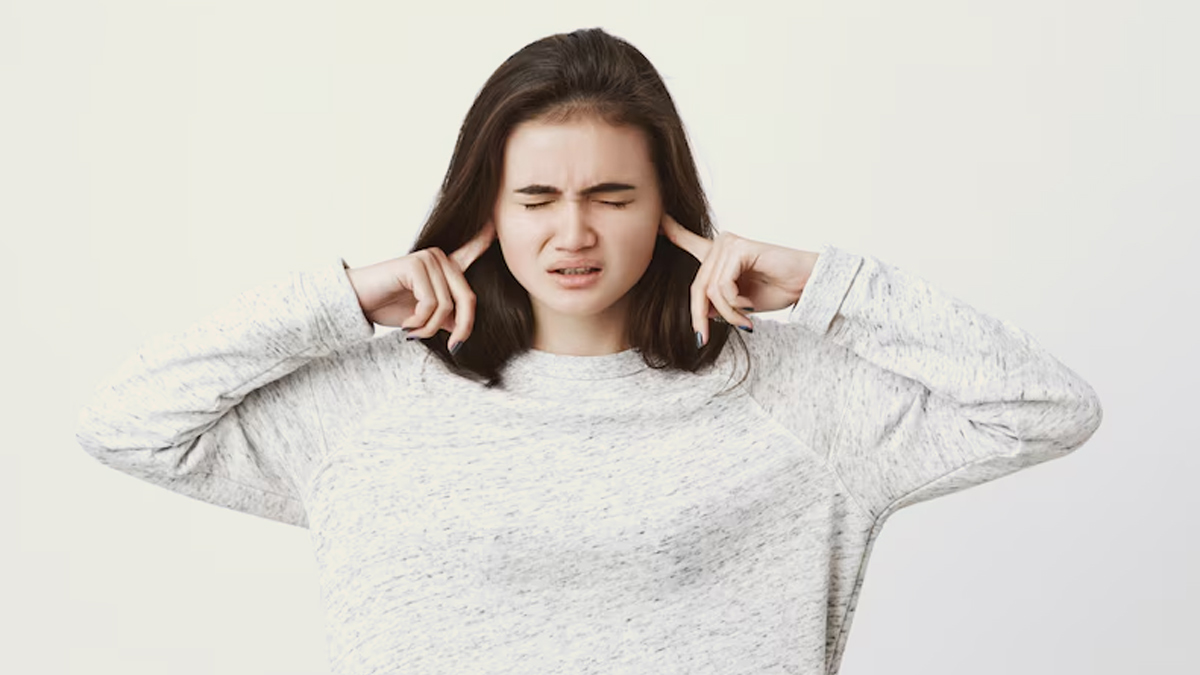
Tinnitus is not a disease itself but rather a symptom of an underlying condition. It is often caused by exposure to loud noises, ear infections, or earwax buildup. In some cases, tinnitus may be a sign of a more serious issue such as hearing loss or problems with blood circulation. However, for many people, tinnitus occurs without any underlying medical conditions.
Dr Pirzada explains that while tinnitus cannot be entirely cured, several treatments can assist in managing its effects and reducing its intensity. The first step is to determine the specific cause of the tinnitus, as the treatment options will differ accordingly.
Also read: Ear Pain Due To Cold? Try These Home Remedies To Get Rid Of The Pain
Sound Generators

One of the most effective ways to manage tinnitus is through the use of sound therapy. Sound generators can provide a calming background noise that masks the ringing or buzzing sounds in the ears. Dr Pirzada recommends sound generators that produce soothing sounds such as rainfall, ocean waves, or the sound of a waterfall. These can be especially helpful at night, when tinnitus may seem more noticeable due to the quiet environment.
There are various ways to access sound therapy. For instance, smartphone apps, tabletop sound generators, or even household appliances such as fans or air conditioners can help provide a steady, gentle noise that helps distract from the tinnitus. In some cases, earache sound generators, small devices designed to fit into the ear, can be used to produce soft sounds, which help relieve the discomfort caused by tinnitus.
Hearing Aids
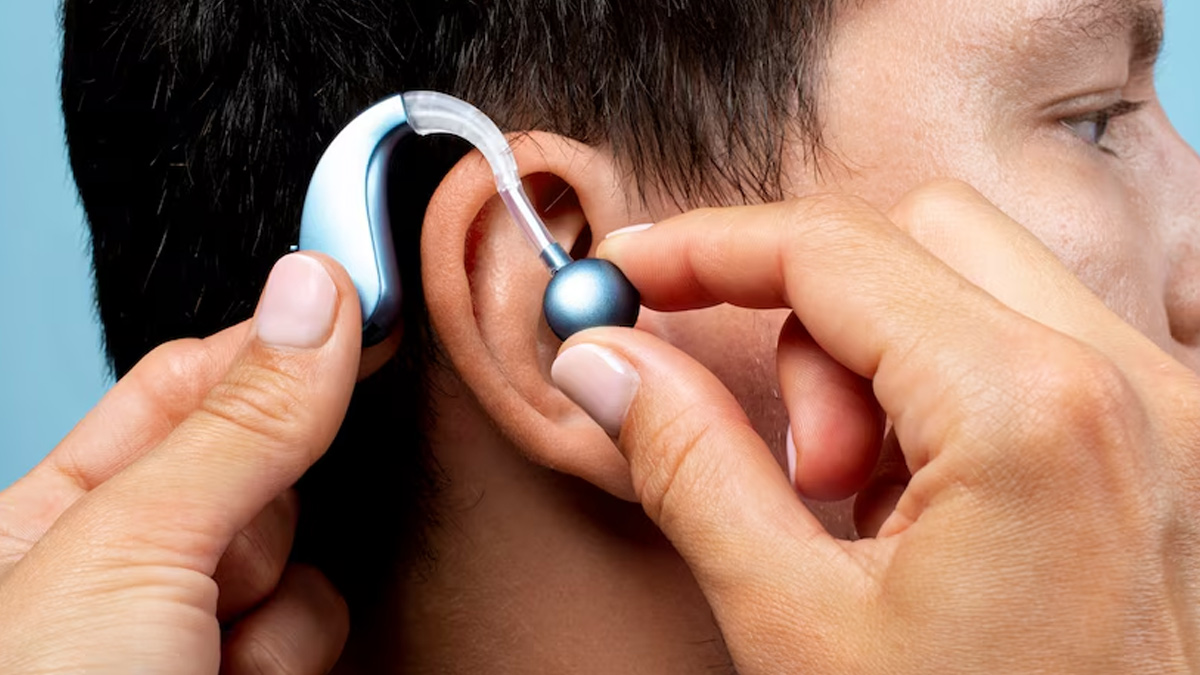
In many cases, tinnitus is linked to hearing loss, which makes the internal ringing more noticeable. Dr Pirzada notes that hearing aids can be beneficial for individuals with both tinnitus and hearing loss. These devices amplify external sounds, which can mask the internal noise caused by tinnitus. The use of hearing aids can make the ringing less noticeable by enabling individuals to hear the external world more clearly.
However, it’s important to note that while hearing aids can be beneficial for many people, they may not work for everyone. The suitability of hearing aids depends on the severity and cause of tinnitus, as well as the person’s hearing ability.
Also read: Ayurvedic Tips To Effectively Treat Ear Pain Without Any Medication
Cognitive Behavioral Therapy (CBT)
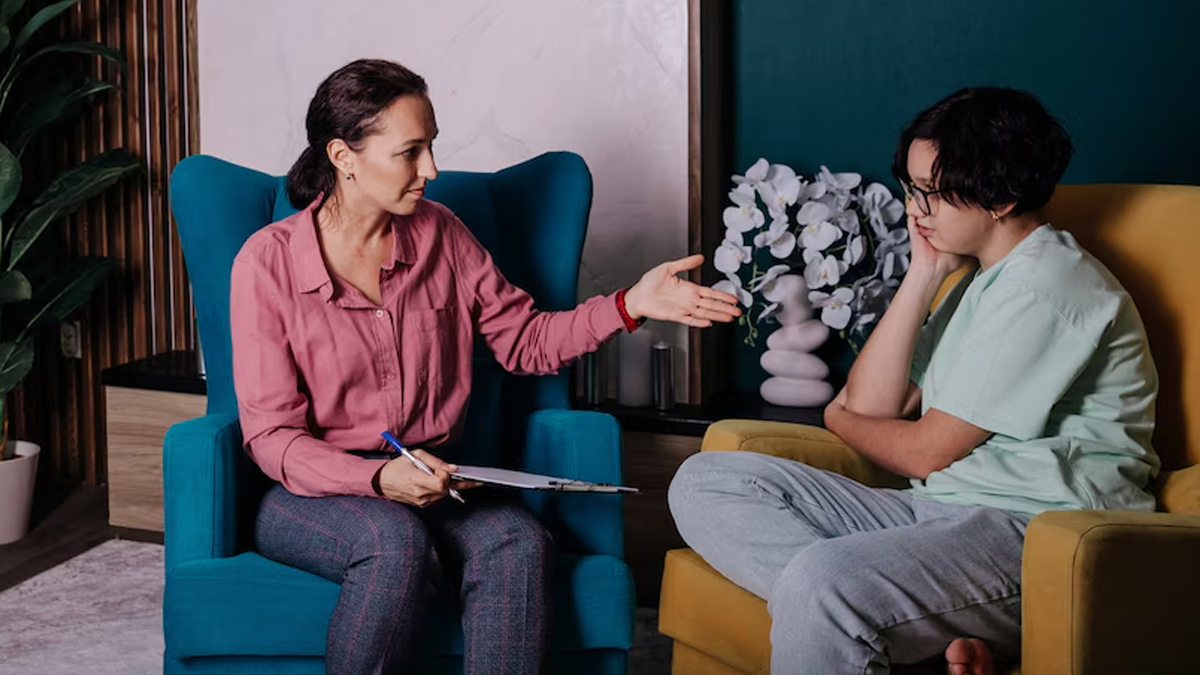
Another treatment option recommended by Dr Pirzada is cognitive behavioural therapy (CBT). CBT is a form of therapy that helps individuals change the way they think about tinnitus, making it less distressing. Tinnitus can often lead to anxiety or depression, particularly if it affects a person’s sleep or daily functioning. CBT works by addressing the emotional and psychological impact of tinnitus, helping individuals develop coping strategies and reduce the negative thoughts that may worsen the condition.
Through CBT, patients can learn how to manage their response to tinnitus, making the condition less intrusive. Over time, this therapy can reduce the perception of tinnitus and help patients regain control over their lives.
Treating Underlying Conditions
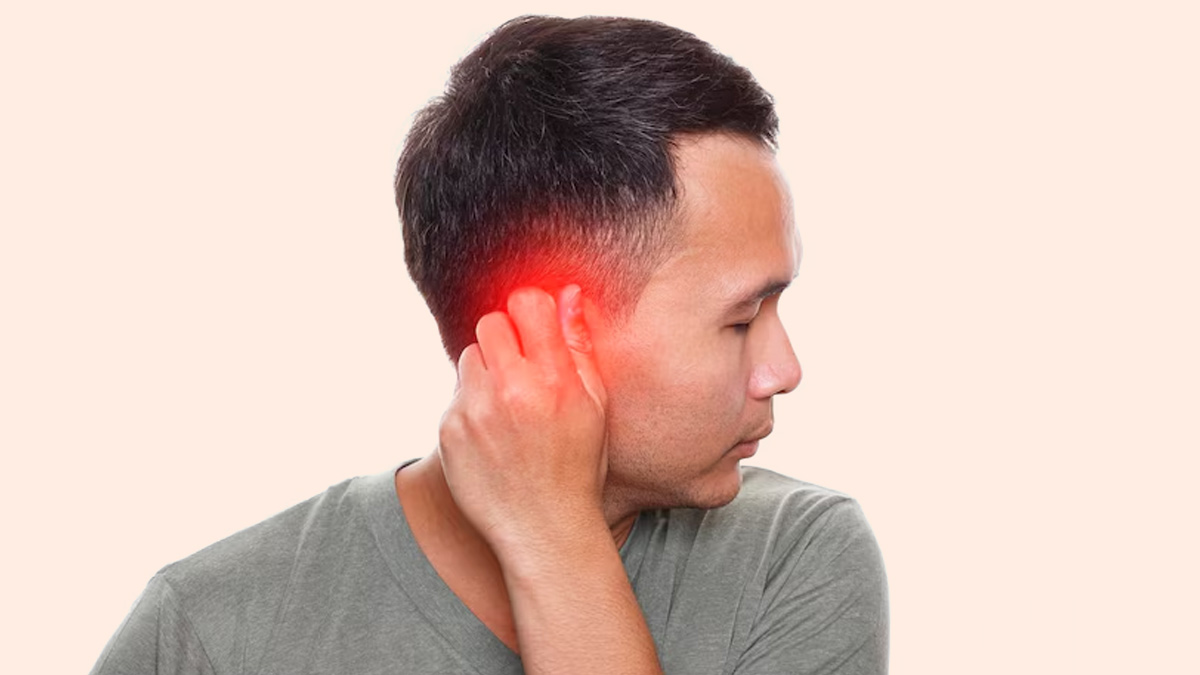
If tinnitus is caused by an underlying health condition, such as an ear infection, hypertension, or a temporomandibular joint (TMJ) disorder, treating that condition may reduce or eliminate the symptoms of tinnitus. Dr Pirzada stresses the importance of addressing any medical issues contributing to the tinnitus, as this can sometimes lead to significant improvements in the individual’s condition.
For instance, if an ear infection is the root cause, antibiotics or other medical treatments may be prescribed to clear up the infection and alleviate tinnitus symptoms. Similarly, managing hypertension or stress can help reduce the intensity of tinnitus.
Conclusion
Although there is no definitive cure for tinnitus, several effective treatments can help manage and alleviate its symptoms. Sound generators, hearing aids, cognitive behavioural therapy, and addressing any underlying health conditions are all viable options for individuals struggling with this condition. As Dr Roohi Pirzada highlights, treatment approaches should be tailored to the individual, taking into account their overall health and the specific nature of their tinnitus. With the right management strategies, individuals can find relief and lead more comfortable lives despite their tinnitus.
Also watch this video
How we keep this article up to date:
We work with experts and keep a close eye on the latest in health and wellness. Whenever there is a new research or helpful information, we update our articles with accurate and useful advice.
Current Version